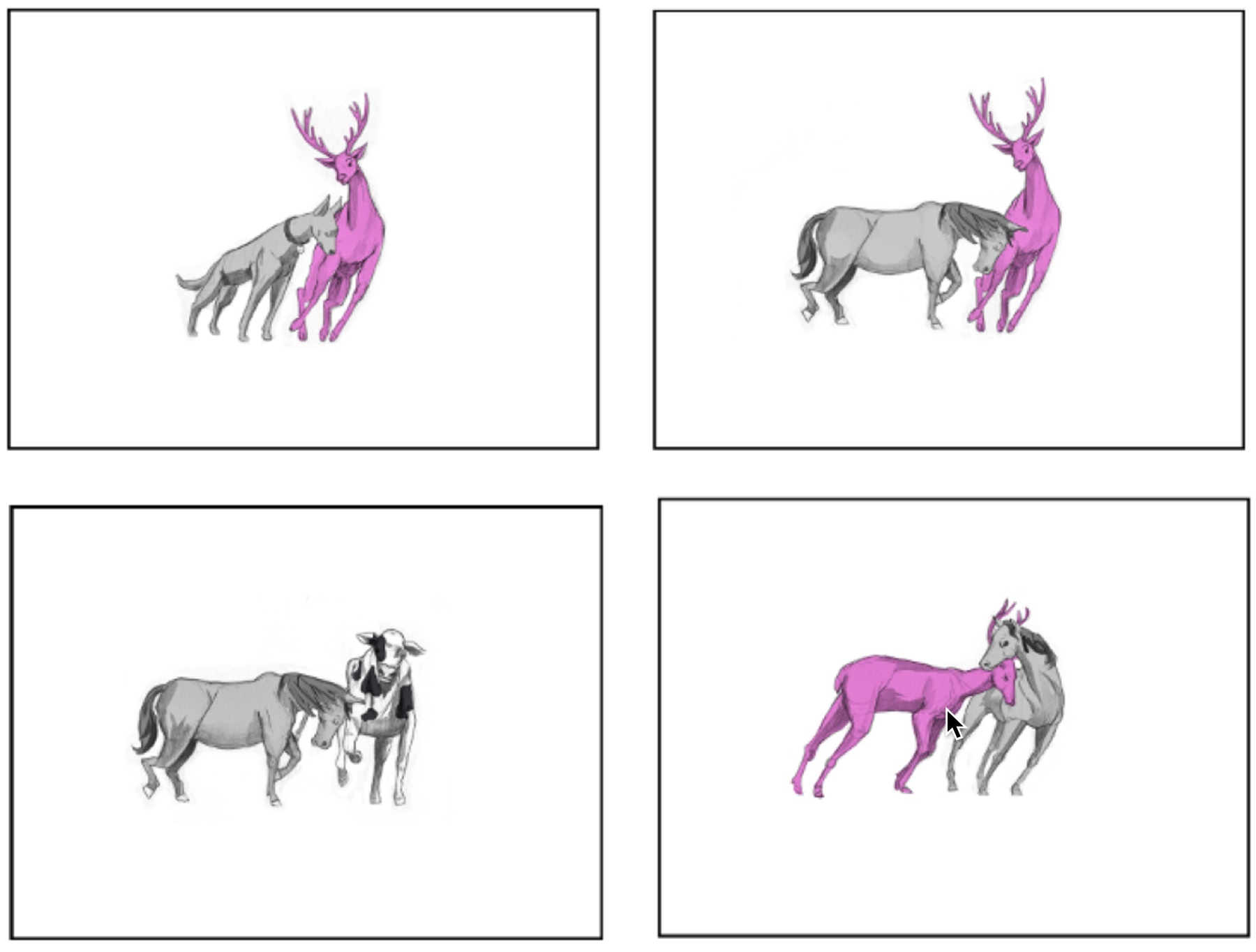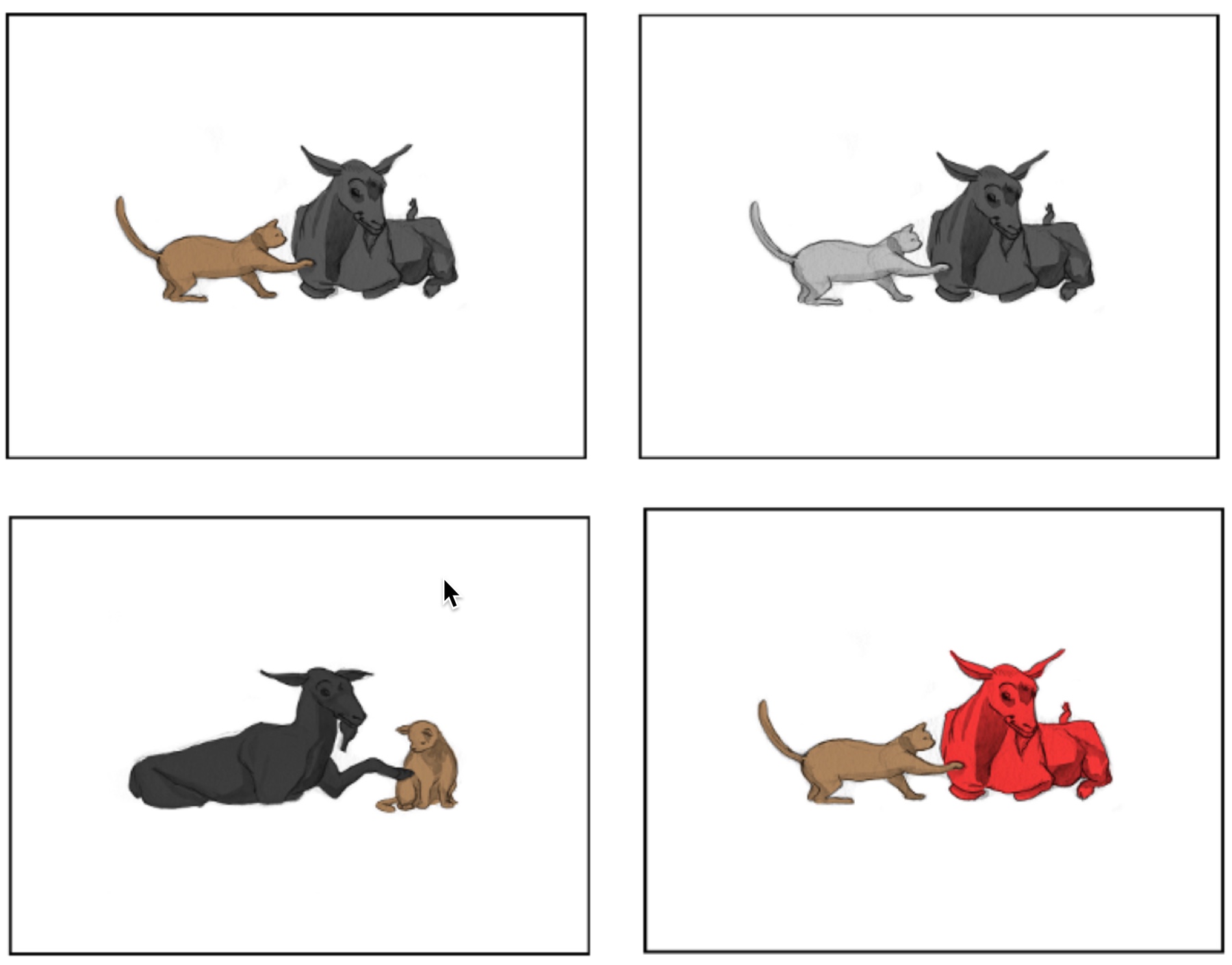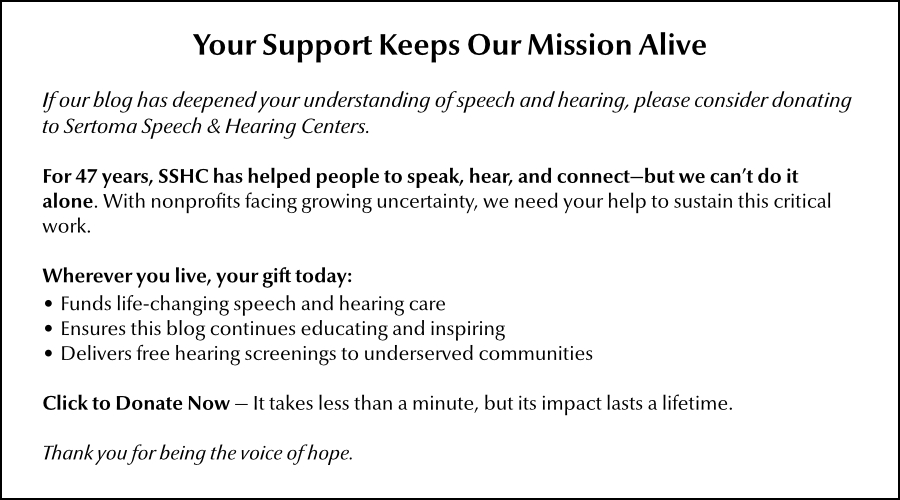A recent study involving children has found that understanding language involves much more than just hearing words. Language comprehension is an intricate process requiring the interplay of various cognitive skills, allowing children to differentiate between confusion and clarity.
Why it matters
The study provides unique insight into the intricate mechanisms of childhood language comprehension.
- By revealing the cognitive processes behind seemingly simple tasks, researchers are helping parents, educators, and clinicians better understand how children learn, listen, and make sense of the world around them.
The study
- Researchers examined how 122 elementary school children comprehend sentences by using a picture-pointing task.
- The study tested two sentence conditions: one with nonessential details and another requiring precise attention to specific picture attributes.
How it works: Researchers asked the children to point to pictures matching spoken sentences. The twist? Some sentences required careful parsing of subtle differences between images, while others allowed more relaxed interpretation.
 Figure 1: Example of a sentence from the low cognitive demand condition (superfluous premodifying adjectives). Target (spoken sentence): “The small gray horse bumps the tall pink deer.”
Figure 1: Example of a sentence from the low cognitive demand condition (superfluous premodifying adjectives). Target (spoken sentence): “The small gray horse bumps the tall pink deer.”
 Figure 2: Example of a sentence from the high cognitive demand condition (contrastive premodifying adjectives). Target (spoken sentence): “The little brown cat pokes the happy black goat.”
Figure 2: Example of a sentence from the high cognitive demand condition (contrastive premodifying adjectives). Target (spoken sentence): “The little brown cat pokes the happy black goat.”
A closer look
Working memory emerged as a critical skill. When sentences demanded high mental effort—tracking contrasting details like a "little brown cat" versus other cats—children's working memory determined their comprehension success.
The takeaway
Understanding language isn't just about vocabulary or grammar. It's a complex process where a child's ability to focus, remember, and process information in milliseconds makes all the difference in comprehension.
Educators take note: This research suggests that when a child struggles to understand language, the issue might run deeper than simple word knowledge. Evaluating cognitive skills like working memory could be key to developing more effective learning strategies.
Do have questions about your child's speech development?
If you do, get answers by calling 708-599-9500 to schedule a consultation with a speech-language pathologist.
★ To learn about improving speech and language skills, therapies for children, teens, and adults, therapies for Parkinson's, and speech screenings, download The Consumer's Guide to Speech-Language Pathology.
★ Sign up for our newsletter for the latest on Hearing aids, dementia triggered by hearing loss, pediatric speech and hearing, speech-language therapies, Parkinson's Voice therapies, and occupational-hearing conservation. We publish our newsletter eight times a year.


